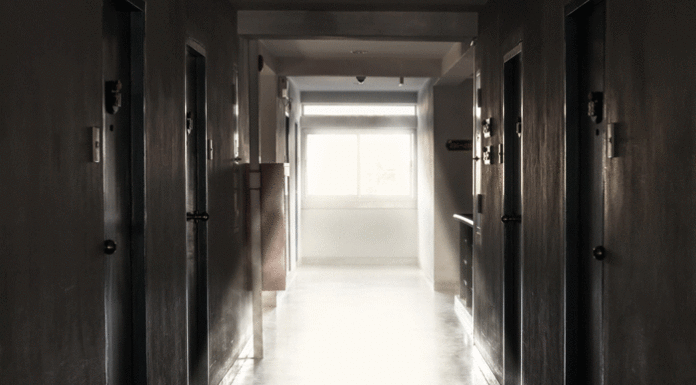When I recently learned an important halachah for the first time in my life, it occurred to me that while undertaking extra stringencies is a virtuous way to step into the new year, it would do me much good if I’d first broaden my knowledge of the basics, or at least learn a halachah or two that had somehow passed my radar. When I asked women, ranging in age from their 20s to 70s, for a halachah they only recently became aware of, the responses came in a flurry. While most of these women, like myself, did learn the basic halachos in school and seminary, there was some stuff they didn’t pick up on or weren’t taught. And if you’re surprised that you’re only hearing about some of these halachohs for the first time now, know that you’re in good company.
Ruchy, 62
Halachah: A woman is not allowed to give tzedakah or any monies without her husband’s permission.
When a rebbetzin once called me to ask for a donation, I told her that I would give her X amount of money. Her response: “Chas v’shalom! You need to ask your husband first!”
Source: Shulchan Aruch Y.D. 248:4. However, this does not apply in all circumstances.
Batya, 37
Halachah: As part of her obligations as a wife, a woman is obligated to prepare her husband’s drink for him.
At a shalom bayis shiur, the rebbetzin quoted the source where it says that this holds true even when a woman could afford to have a maid or servant do this on her behalf. Unless the husband declines the offer, she should prepare his coffee, tea, or even pour his cup of water. The rebbetzin related that when Rav Elyashiv, zt”l, would wake up at 2 a.m. every morning to start learning, his rebbetzin would wake up to prepare his coffee for him. When her children asked her why she couldn’t prepare it in a thermos before she went to sleep, one of her answers was that a husband derives koach and cheishek when his wife prepares his drink for him.
Source: Shulchan Aruch E.H. 80:4





















